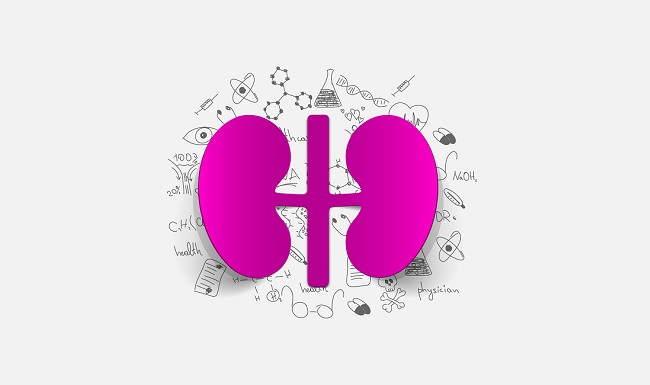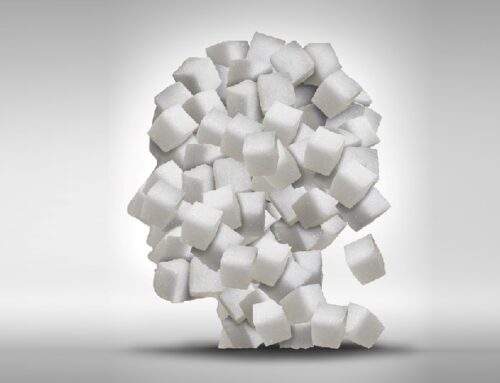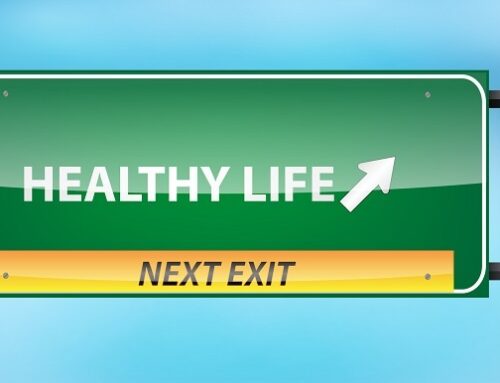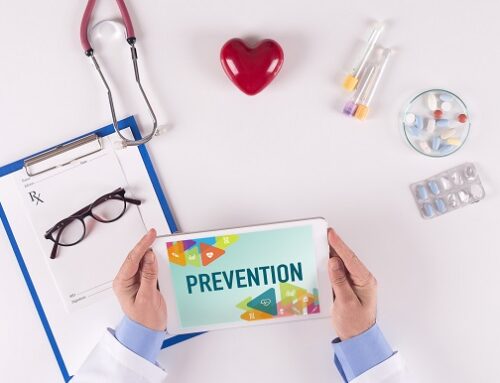By Maria Jauhar, M.D.
With March being National Kidney Month, it’s a good time take stock in the health of our kidneys. This vital organ is often overlooked because of the massive public education around heart disease, lung disease, and cancer, but the kidneys are just as important as the other organs. In fact, the kidneys are the body’s chemical factories, filtering waste and performing vital functions that control things like red blood cell production and blood pressure.
Unfortunately, your kidneys do very little to warn you that they are in trouble or failing, and they can be in serious jeopardy yet present little or no physical symptoms. So silent are the kidneys that it is estimated that most of the 26 million American adults who have kidney disease don’t even know they are at risk.
Those who have an increased risk of kidney disease are anyone with high blood pressure, diabetes, or body mass index of 30 or above, or a family history of kidney failure. In addition, if you are age 60 or older, or are African-American, Hispanic, Asian, Pacific Islander, or American Indian, your risk of kidney disease rises even more.
However, you don’t need to display symptoms to be proactive about kidney health. Preventive medicine is available, and it comes in the form of the National Kidney Foundation’s “Take 5 for Your Kidneys” campaign.
Take 5 for Your Kidneys
1. Get Tested. Ask your doctor for an ACR urine test or a GFR blood test annually if you have diabetes, high blood pressure, are over age 60, or have a family history of kidney failure. Any of our family medicine providers can provide this test for you. Just call us at 912-897-6832 or click here to submit an appointment request.
2. Reduce NSAIDs. NSAID stands for nonsteroidal anti-inflammatory drug and represents a class of over-the-counter pain medicines. While NSAIDs may alleviate your aches and pains, too many of them can harm the kidneys – especially if you already have kidney disease. Reduce your regular use of NSAIDs and never go over the recommended dosage.
3. Cut the Processed Foods. Most processed foods are loaded with sodium, nitrates, and phosphates – all of which have been linked to kidney disease, as well as cancer and heart disease. As an alternative to processed foods, try the DASH diet, which has been ranked the best diet for improving health for six years in a row by US News & World Report.
4. Exercise Regularly. Exercise is not only good for your heart, but also your kidneys. Something as simple as a brisk walk 30 minutes a day can help you control blood pressure and lower blood sugar, both of which are vital to good kidney health.
5. Control Blood Pressure and Diabetes. The leading causes of kidney disease and kidney failure are high blood pressure and diabetes. Managing high blood pressure and strict control of blood sugar levels can slow the progression of kidney disease. If you are having trouble managing diabetes or high blood pressure, then speak to your doctor or call us to schedule an appointment. We can help you design a healthy lifestyle management program that will help your kidneys stay healthy for years to come.





